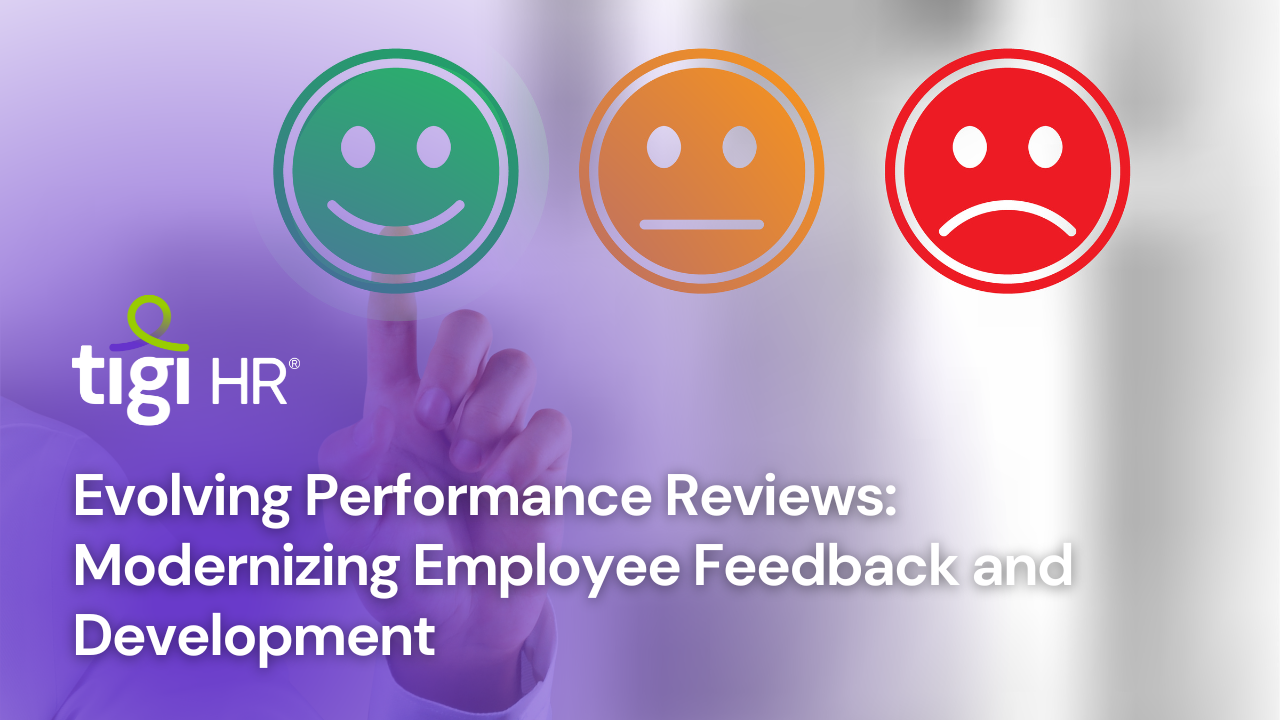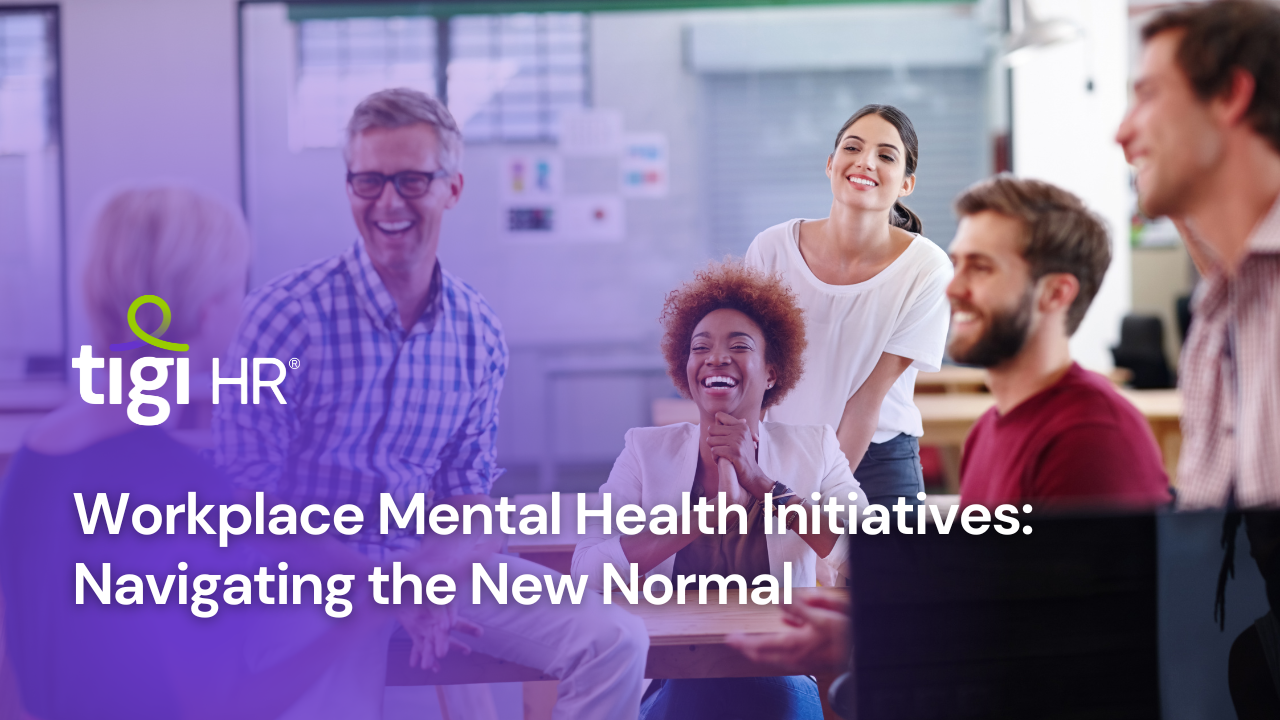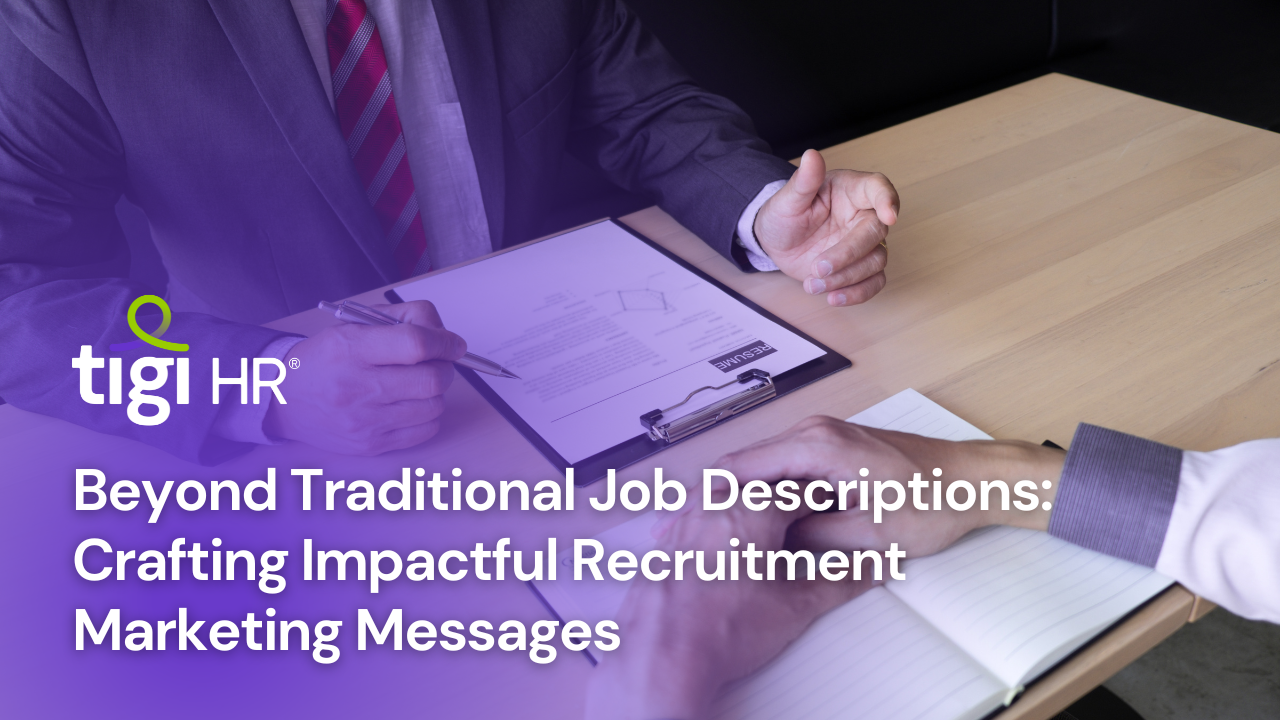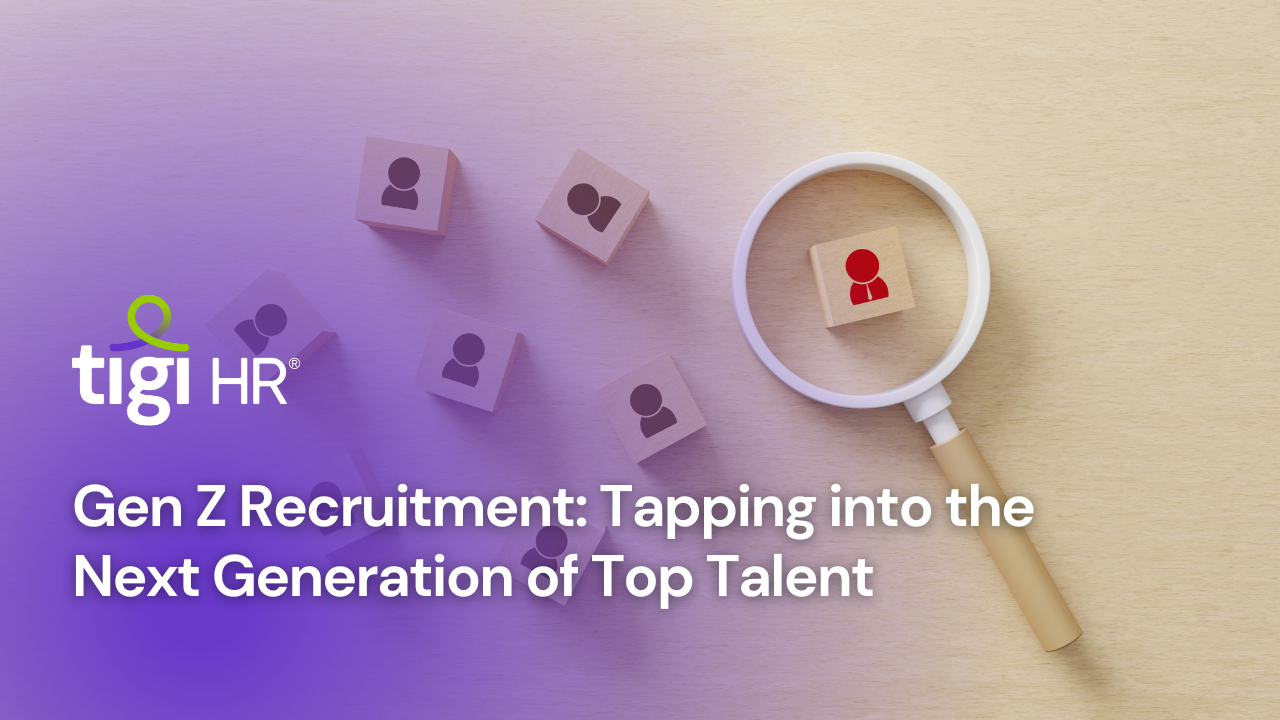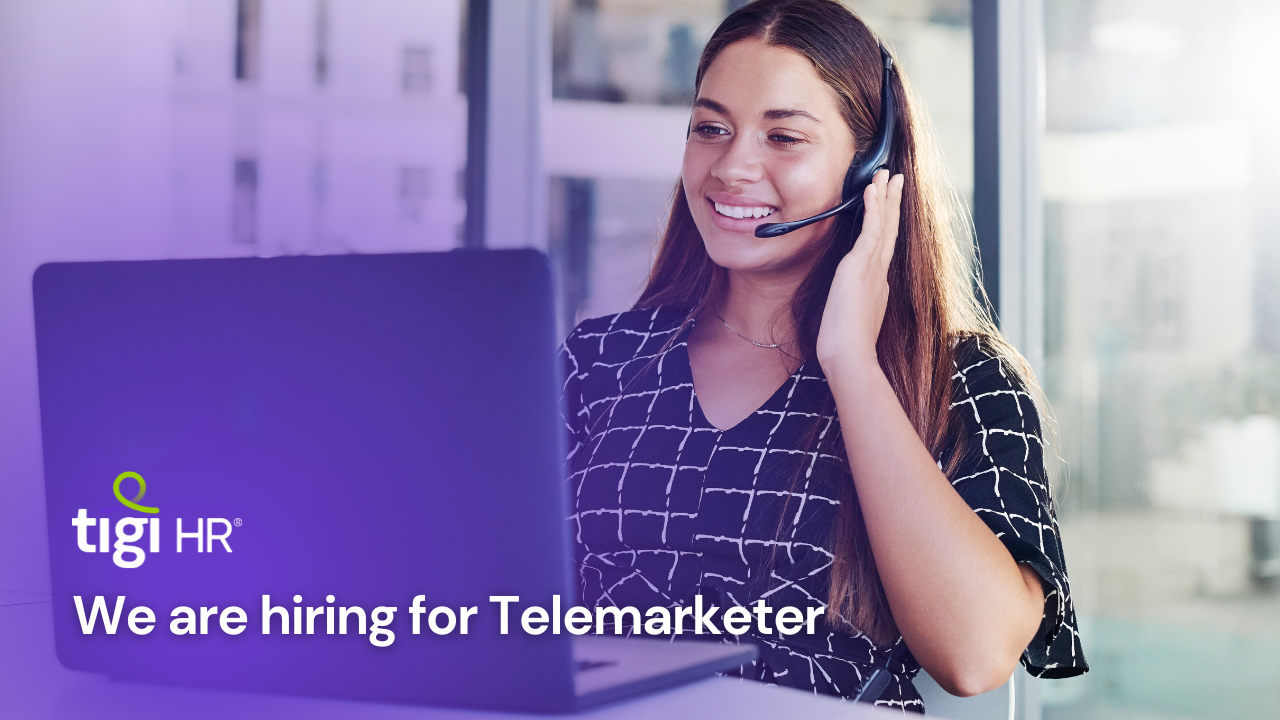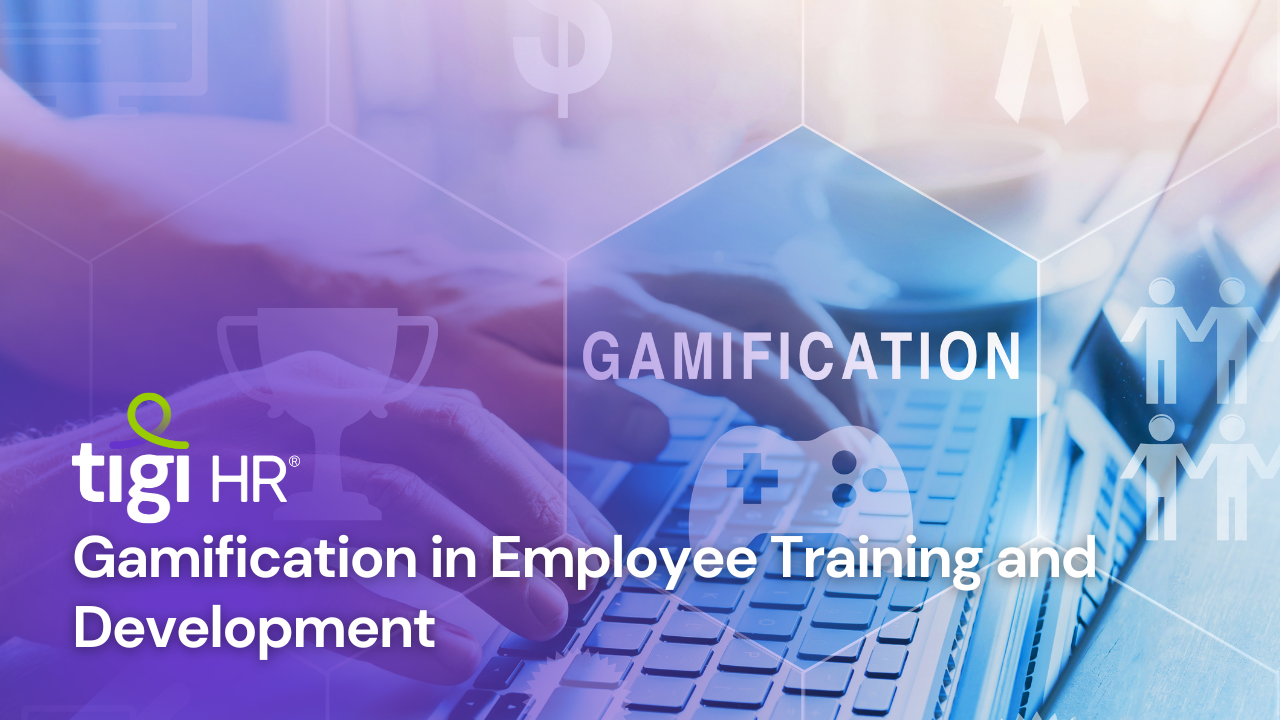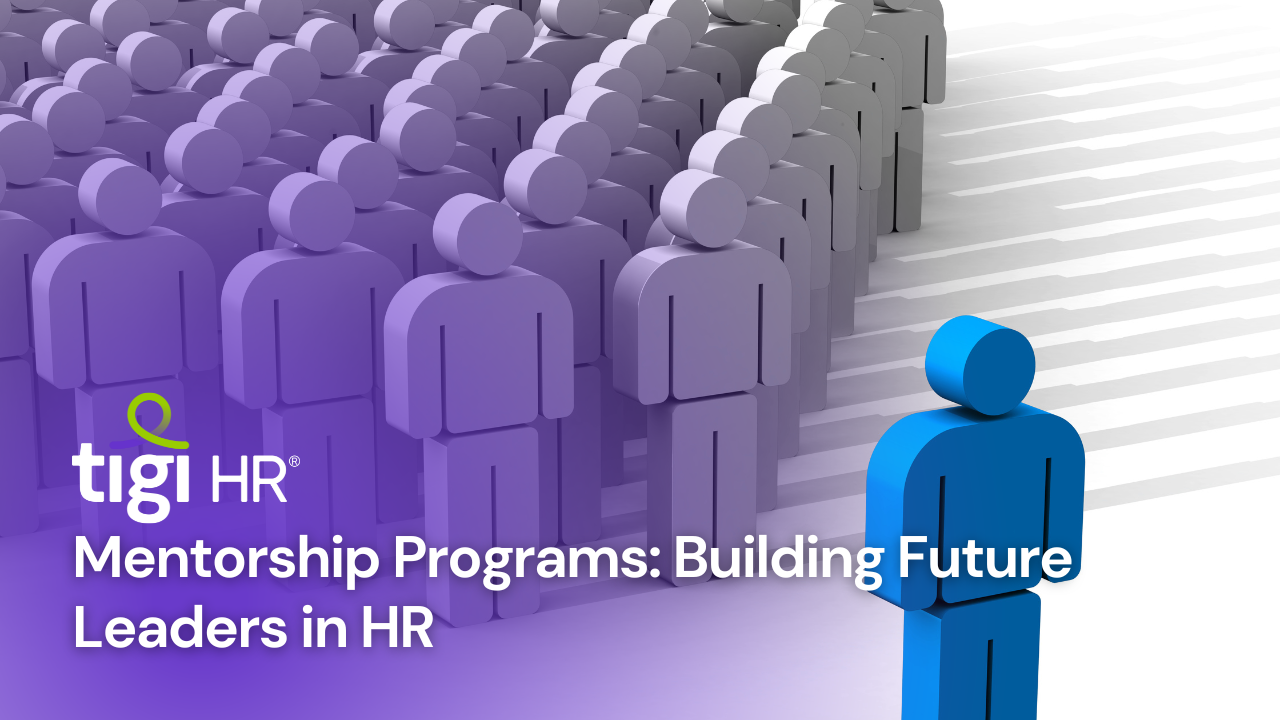In the ever-changing world of work, the static and one-size-fits-all nature of traditional performance reviews has become increasingly inadequate. The annual or semi-annual ritual of evaluating employee performance has faced scrutiny for its lack of timeliness, bias, and limited impact on employee development. As the workforce and workplace continue to evolve, organizations are realizing the need for a paradigm shift in how they assess and support their employees.
This article delves into the changing landscape of performance reviews, highlighting the drawbacks of traditional methods and the imperative of modernizing feedback and development mechanisms. Statistics and insights underscore the urgency of this transformation, revealing that the vast majority of HR professionals and employees find traditional reviews ineffective and uninspiring.
Discover the key elements of this shift toward modern performance reviews, where continuous feedback, goal alignment, customized development, and a culture of open communication take center stage. These elements not only address the shortcomings of traditional reviews but also empower employees to take charge of their growth and contribute more meaningfully to organizational success.
As we explore the future of performance reviews, it becomes evident that this transformation is not merely a trend but a strategic necessity. Embracing the principles of modern performance reviews isn’t just about staying relevant; it’s about creating a workplace where individuals are encouraged to learn, grow, and thrive. Join us in this journey as we navigate the path to a future where performance reviews are a catalyst for employee development and organizational excellence.


